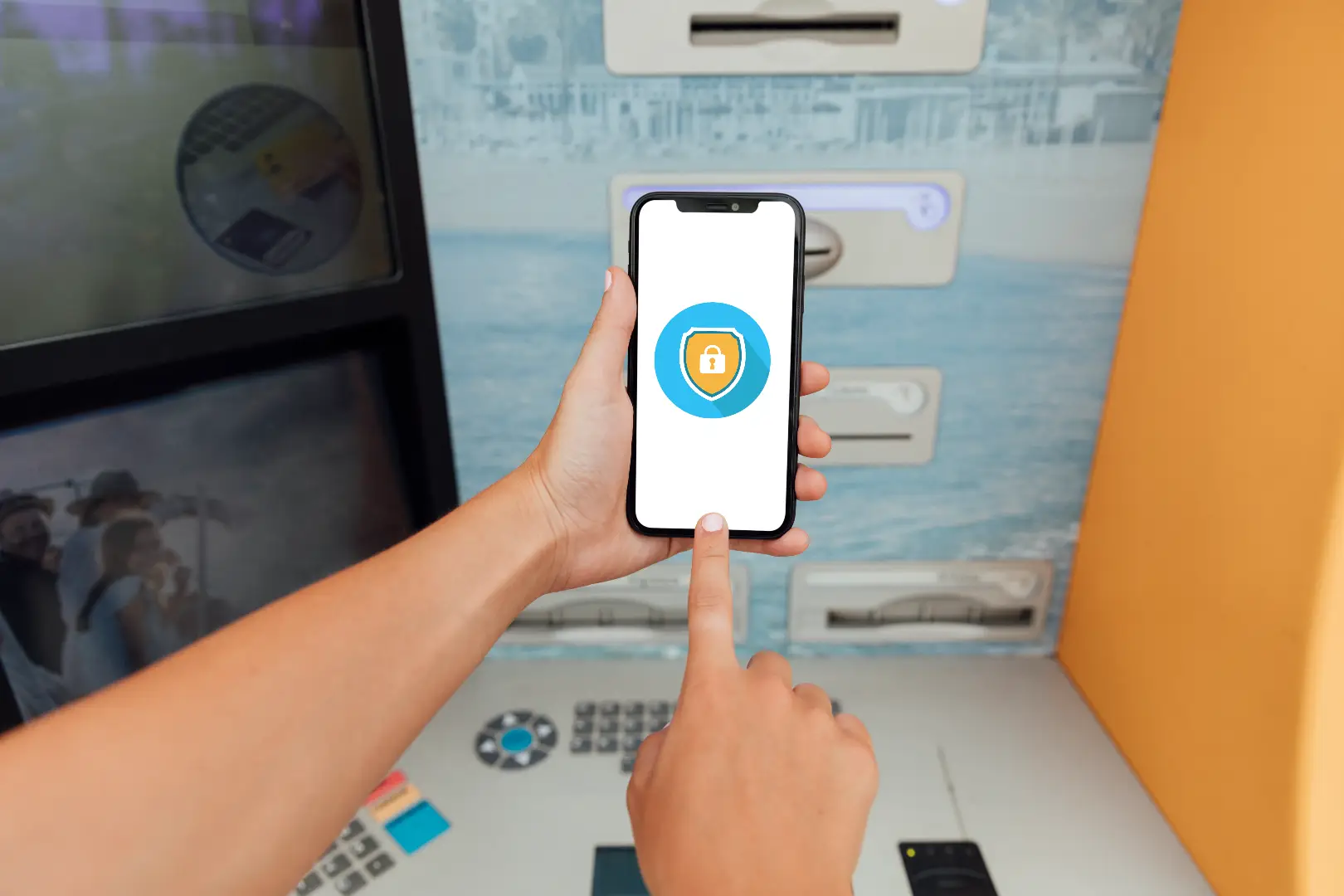Imagine waking up one morning and your company’s data is locked up by ransomware or your personal email inbox is filled with “suspicious login attempt” alerts. Scary, right? Sadly, it’s happening more often than we’d like to admit. Hackers are smarter, tools are scarier, and honestly—it’s no longer just big companies that get hit. Small businesses, freelancers, even students get caught in the mess.
But here’s the good news: you don’t need to spend thousands on enterprise software to defend yourself. There are tons of free cybersecurity tools out there that can help you scan, test, and secure your digital life. I’ve pulled together 10 of the most useful ones that I (and plenty of security folks) recommend. Let’s get into it.
1. Aircrack-NG
If you’ve ever wondered how secure your Wi-Fi really is, Aircrack-NG is the tool that ethical hackers and pentesters love to use. Think of it as a Swiss Army knife for Wi-Fi networks.
- It can capture packets floating around your network.
- Decrypt weak encryption protocols like old WEP (which, honestly, should be retired by now) or WPA.
- You can even test injection attacks by creating custom packets.
When is it useful? If you’re testing your home Wi-Fi or your office’s wireless security, this tool shows you whether your password is a joke or actually strong. Just be warned: use it only on networks you own or are allowed to test (seriously, don’t get yourself in trouble).

2. Burp Suite (Community Edition)
Burp Suite is like a magnifying glass for web applications. Say you built a website, or maybe you’re just curious about how secure an app really is—Burp lets you intercept and analyze traffic between the browser and the server.
Some highlights:
- Intercept HTTP requests (yep, you can actually see what’s going on behind the scenes).
- Spider crawl your site so you know what pages and endpoints exist.
- Repeat and tweak requests to test for weaknesses like SQL injections.
The free version has plenty for beginners, while the paid one adds automation and pro tools. But for personal testing or learning, the Community Edition is honestly enough.
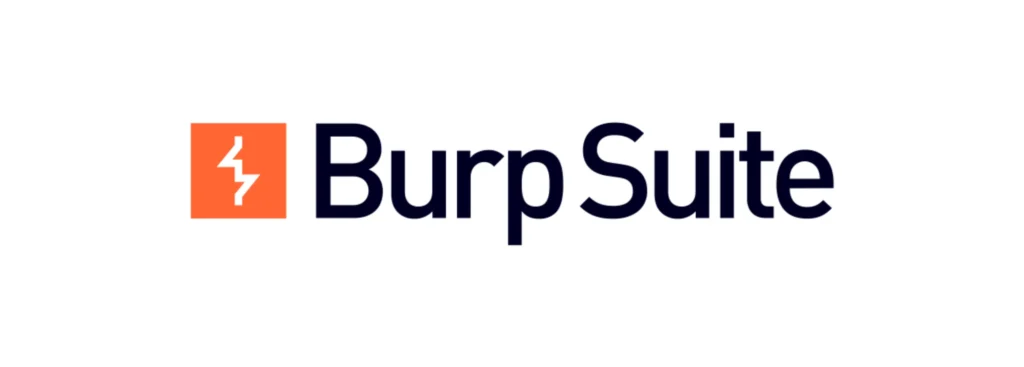
3. Defendify
Now, not everyone is a hacker wannabe or a pentester. Sometimes you just need a simple all-in-one solution, and that’s where Defendify shines. It’s especially useful for small and mid-sized businesses that don’t have a full IT security team.
It bundles together:
- Risk assessments
- Phishing simulations
- Cybersecurity training for employees
- Incident response playbooks
It’s like having a mini security department in one dashboard. If you’re a small business owner, this one’s worth bookmarking.

4. GoPhish
GoPhish is exactly what it sounds like—a phishing simulation tool. You basically send fake phishing emails to your team to see who clicks. Sounds mean? Maybe. But it’s better they fall for a fake campaign than the real deal.
It’s free, open-source, and surprisingly easy to use. You can design campaigns, track clicks, and then… well, have those awkward conversations with the people who fell for it (“Yes, Bob, clicking the free iPhone link was a bad idea”).
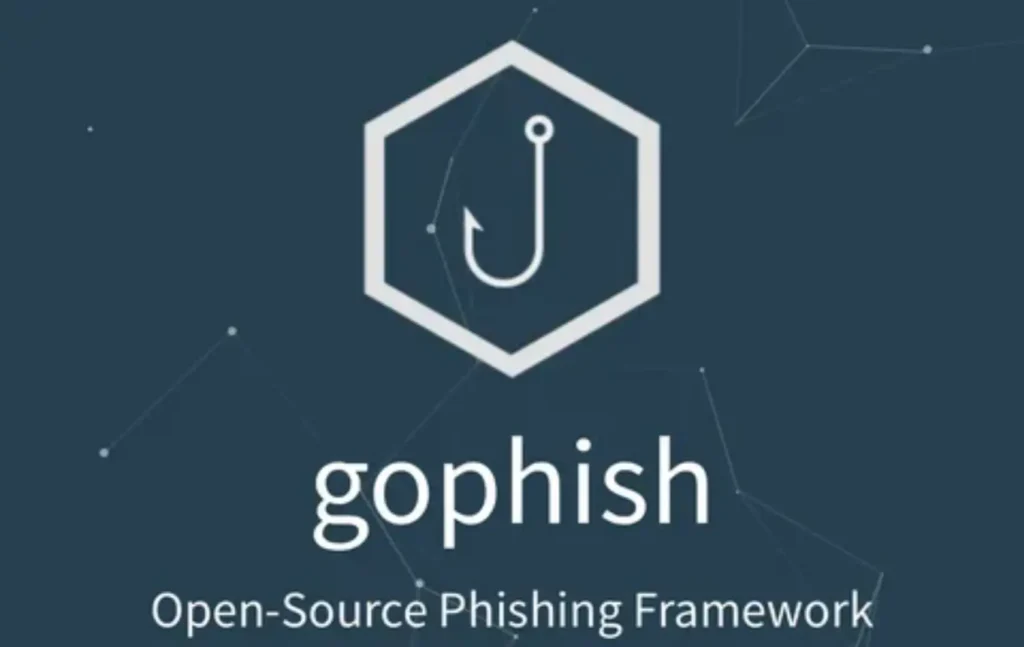
5. Have I Been Pwned?
This one’s simple but a lifesaver. Type in your email, and it will tell you if your credentials have been leaked in a data breach. I’ve done it and found old accounts of mine floating around the dark web. Creepy, but useful to know.
Pro tip: sign up for alerts so you get notified when your email shows up in a new breach. That way, you can change your passwords before hackers start testing them.
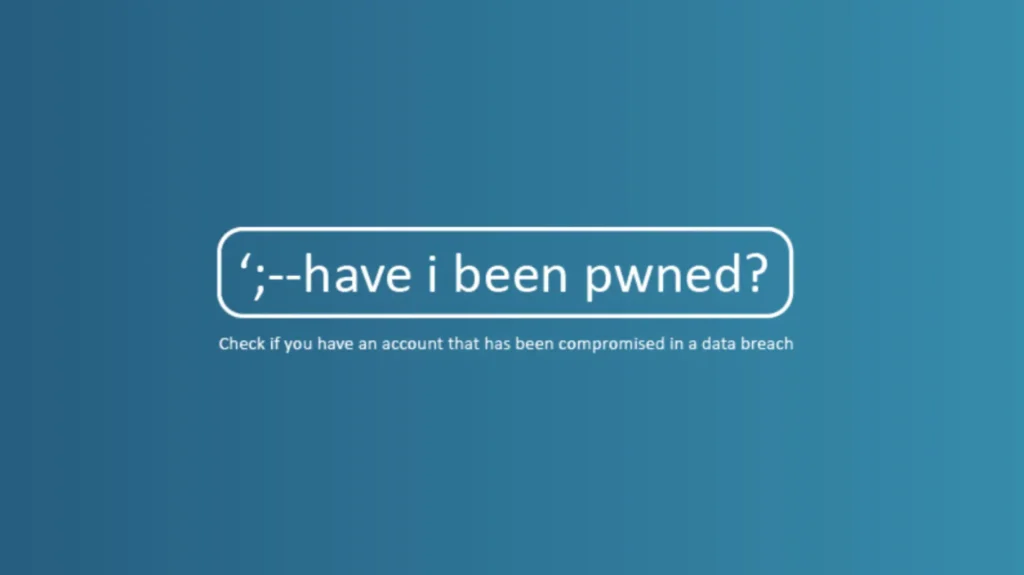
6. Kali Linux
If you’ve hung around cybersecurity circles, you’ve probably heard of Kali Linux. It’s not just one tool—it’s a whole operating system pre-loaded with hundreds of security tools.
- Network scanners
- Vulnerability testers
- Forensics tools
You can boot it from a USB stick, run it live without touching your host system, and start playing around with penetration testing. It’s what a lot of ethical hackers learn on. Warning: it can feel overwhelming at first, but once you get the hang of it, you’ll see why it’s the gold standard.

7. Nmap
Ah, Nmap. The classic. This is probably the most famous tool in cybersecurity. It’s basically a network mapper, and it’s ridiculously powerful for something that’s free.
You can use it to:
- Discover devices on your network
- See open ports and running services
- Even fingerprint operating systems
It’s great for IT admins and hobbyists alike. And yes, it works on huge enterprise networks too.
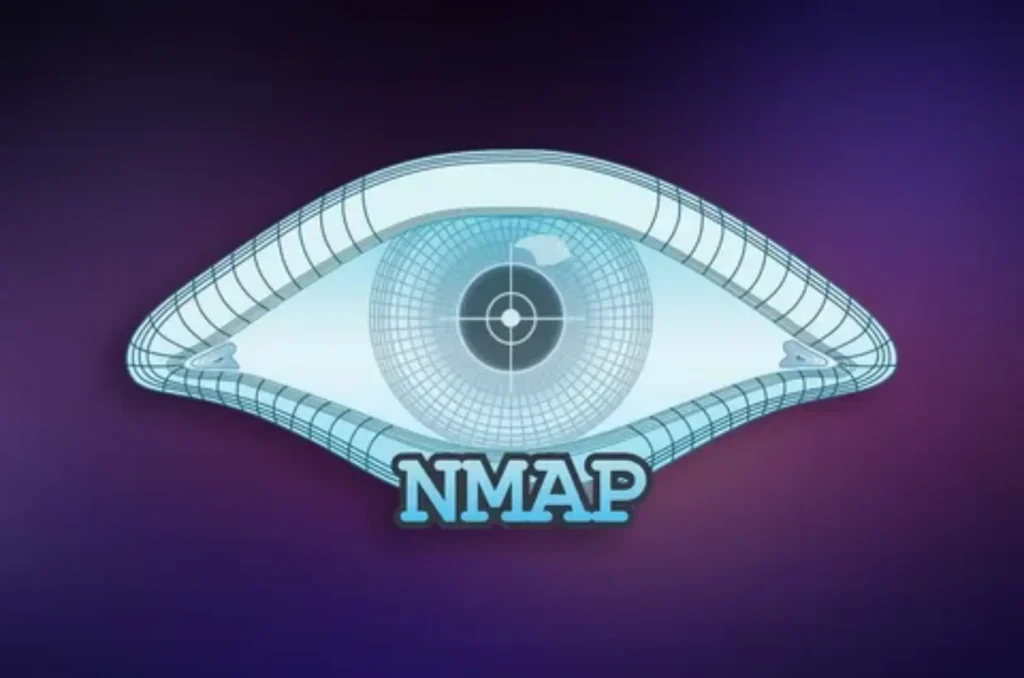
8. Nikto
Nikto is an open-source web server scanner. Let’s say you’ve got a website—you want to make sure it’s not leaking vulnerabilities. Nikto checks for outdated software, weak configurations, and other issues that hackers usually target first.
It’s not flashy, but it does the job. Consider it a routine health checkup for your web apps.

9. Metasploit Framework
This one is more advanced, but insanely powerful. Metasploit is a penetration testing framework that lets you actually exploit vulnerabilities once you find them.
It comes with a massive library of exploits, payloads, and tools. Think of it as your playground for simulating real-world attacks in a safe environment. If you’re learning cybersecurity, you’ll definitely run into Metasploit sooner or later.

10. OpenVAS
Last but not least: OpenVAS (Open Vulnerability Assessment Scanner). It’s an enterprise-grade vulnerability scanner, but still open-source.
- Scans networks, systems, and apps for weaknesses
- Provides detailed reports (great for compliance too)
- Gets regular vulnerability feed updates
If you want to take your security audits seriously, this is a solid choice.

Quick Comparison Table
Here’s a quick side-by-side of what these tools are good for:
| Tool | Best For | Free/Paid |
|---|---|---|
| Aircrack-NG | Wi-Fi security testing | Free |
| Burp Suite | Web app traffic analysis | Free + Paid |
| Defendify | SMB all-in-one security | Paid (Free trial) |
| GoPhish | Phishing simulations | Free |
| Have I Been Pwned | Data breach checks | Free |
| Kali Linux | All-in-one pentesting OS | Free |
| Nmap | Network scanning | Free |
| Nikto | Web server scanning | Free |
| Metasploit | Penetration testing | Free + Paid |
| OpenVAS | Vulnerability scanning | Free |
Final Thoughts
Cybersecurity can feel overwhelming, but you don’t need to buy expensive software to get started. Tools like these let you test, learn, and protect yourself (and your business) for free. The key is using them responsibly—don’t test networks you don’t own, and always think of security as ongoing, not a one-time task.
So, whether you’re just curious, a student diving into cybersecurity, or a business owner who wants to stay safe, these 10 free tools are a great starting point.






